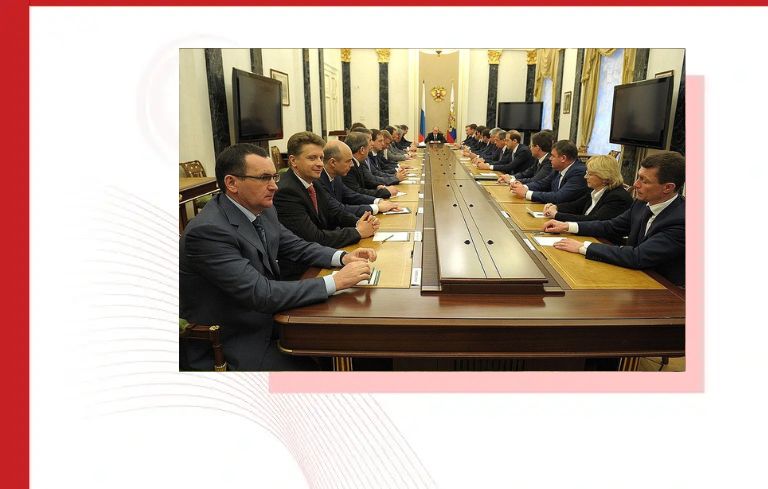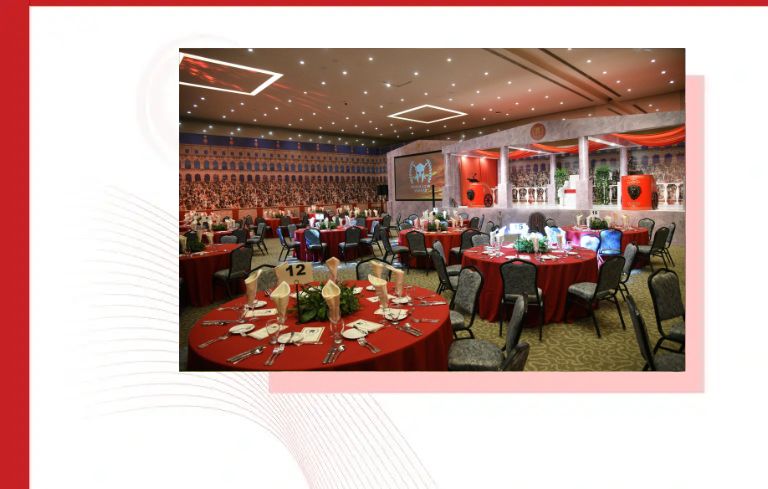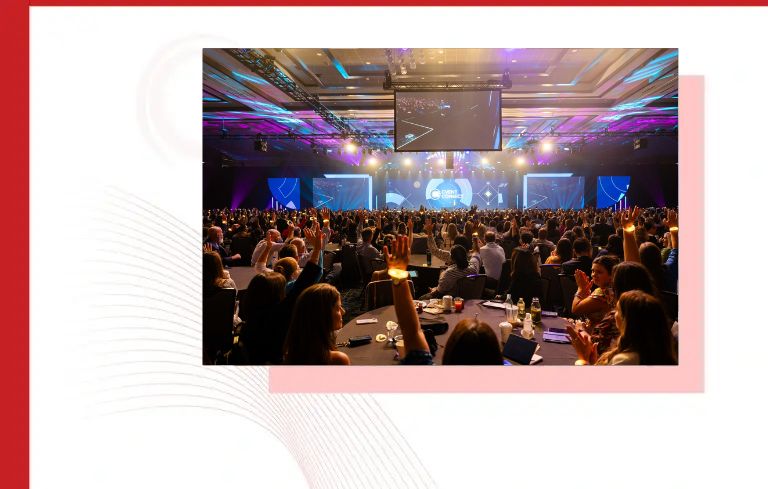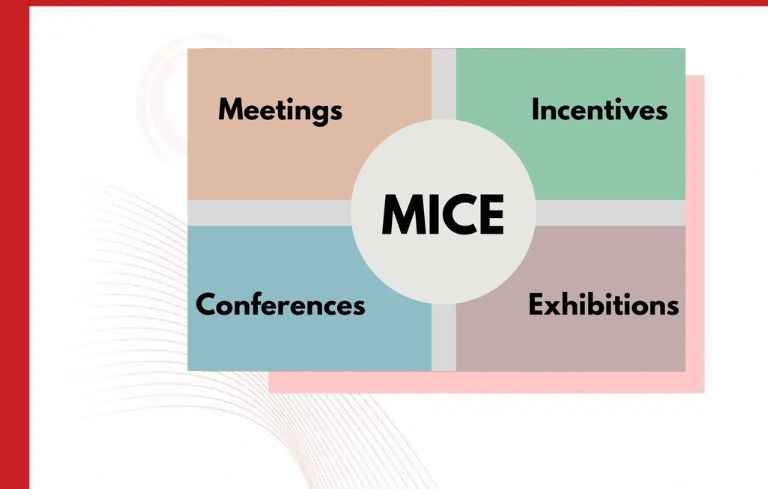Securing sponsorships is a crucial component of event planning, offering the financial support needed to elevate your event and reach larger audiences. Whether you’re organizing a corporate conference, festival, or charity event, sponsors can be instrumental in making it a success. But how do you go about attracting the right sponsors and convincing them to invest in your event? In this comprehensive guide, we’ll explore Tips for Successful Sponsorship, the best strategies for securing sponsorships, maximizing your funding, and building lasting relationships with your partners.
What is Sponsorship?
Sponsorship is the process of acquiring partners for your event or conference. Typically, it involves a direct pitch to clients in your target market, persuading them to pay for the privilege of being associated with your event. It’s more than just asking for money—it’s about building partnerships that offer value for both parties involved.
Important Tasks & Responsibilities in Sponsorship

- Growing key sponsorship accounts: It is your responsibility to nurturing your clients, up-selling them to increase spend, managing the relationship & ensuring repeat business.
- Identifying key solution providers: You will thoroughly research the industry & market. So that you can be sure of targeting the right prospects for your event.
- Meeting targets & KPIs: You will consistently strive to achieve & exceed financial targets, as well as daily call times, proposals sent, etc.
- Traveling globally: to attend conferences & events in order to network with your sponsor & maintain relationships on-site.
Basics of Successful Sponsorship
- Sell solutions, not sponsorship. Before picking up the phone or sending the proposal, identify your value proposition. What’s the big idea? How would sponsorship of your event be meaningful to your fans, your property & the prospect’s business.
- Sell what’s most marketable, not what needs funding. Just because you need money to produce a concert in the park. That doesn’t mean that’s what you should be selling.
- Highlight benefits: Focus on the prospect’s need to build their business, not your need to sell. And don’t expect a prospect to wade through your data dump & figure out what they want.
- Don’t prorate your packages. Give prospect’s a reason to buy at the highest level. Reserve key benefits for your biggest sponsor rather than prorating your benefits. And making them available to partners at every level.
- Tailor the sponsor category: Identify what your prospect wants to accomplish & who it wants to reach. This will vary by category & requires research into the category’s hot buttons & budget priorities.
Go to everyone in the category at once
Once you understand the category, do not send out proposals one at a time. It will take you years to get through the category. If there’s a fit for one company in the category, likely you can apply it to the others.

- Sign your media partners first: Having media sponsors signals to prospects that your property will have a high profile & minimizes their risk in signing.
- Don’t send a proposal until after the initial discussion. You have got the prospect on the phone, & they have asked you to send something in writing. Do not send a full-blown proposal before you’ve met or had the half-hour call that ensures you are clear on their objectives, budget, process, etc.
- Commit full-time: Sponsorship sales are partially a numbers game; most sponsorship start with a cold call, according to IEG research.
- Put a deadline on your offers. There are only three acceptable outcomes of any call or meeting. That is yes, no or definite next steps. Next steps might include getting go-ahead to prepare proposal or scheduling for the next discussion.
- Base fees on value, not budget: The fee must be commensurate with the rights & benefits being delivered. Which may be more than the budget of what’s being sold.
Conclusion
Securing sponsorships is essential for the success of any event. By following the tips and strategies outlined in this guide, you can attract the right sponsors, increase your funding, and build long-lasting partnerships. Remember that successful sponsorships are based on understanding your sponsors’ needs, offering value, and building relationships. With the right approach, you can unlock the power of sponsorships and elevate your events to new heights.
📞 Call: +91-9810617123
📧 Email: sales@hire4event.com
🌐 Visit: www.hire4event.com
📍 Address: 214, ABC Tower, Sec-135, Noida-201301




